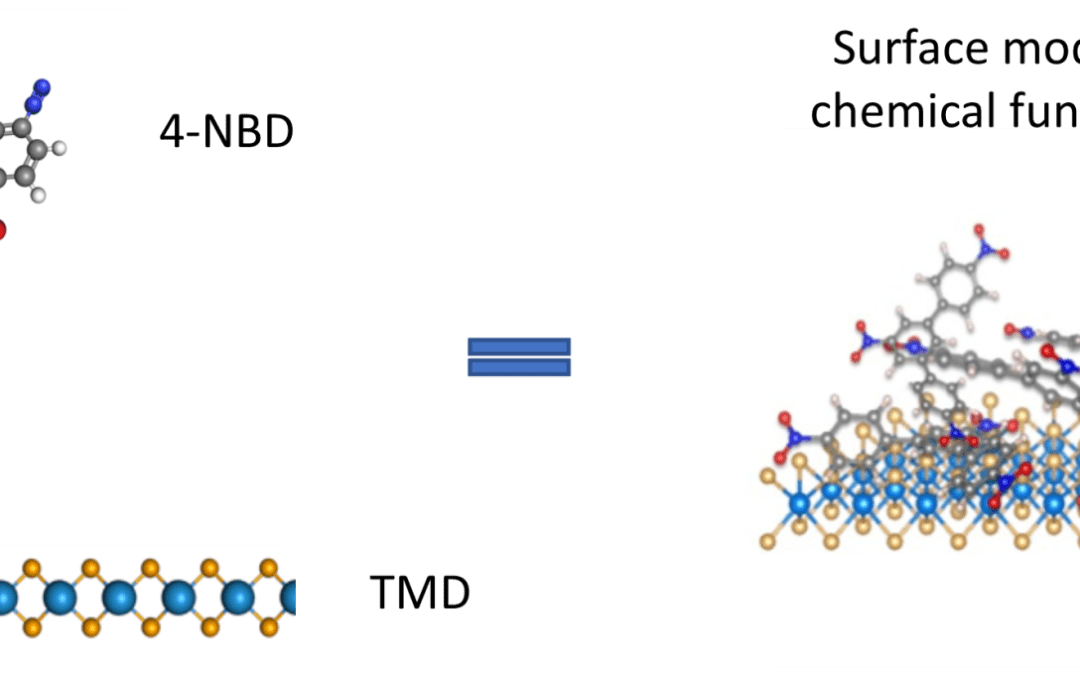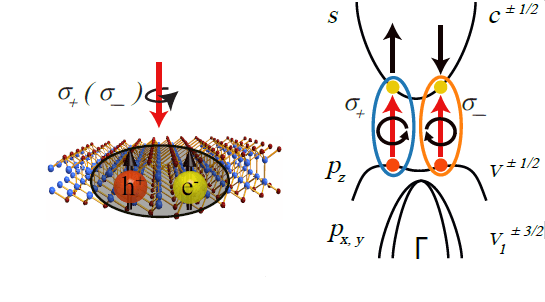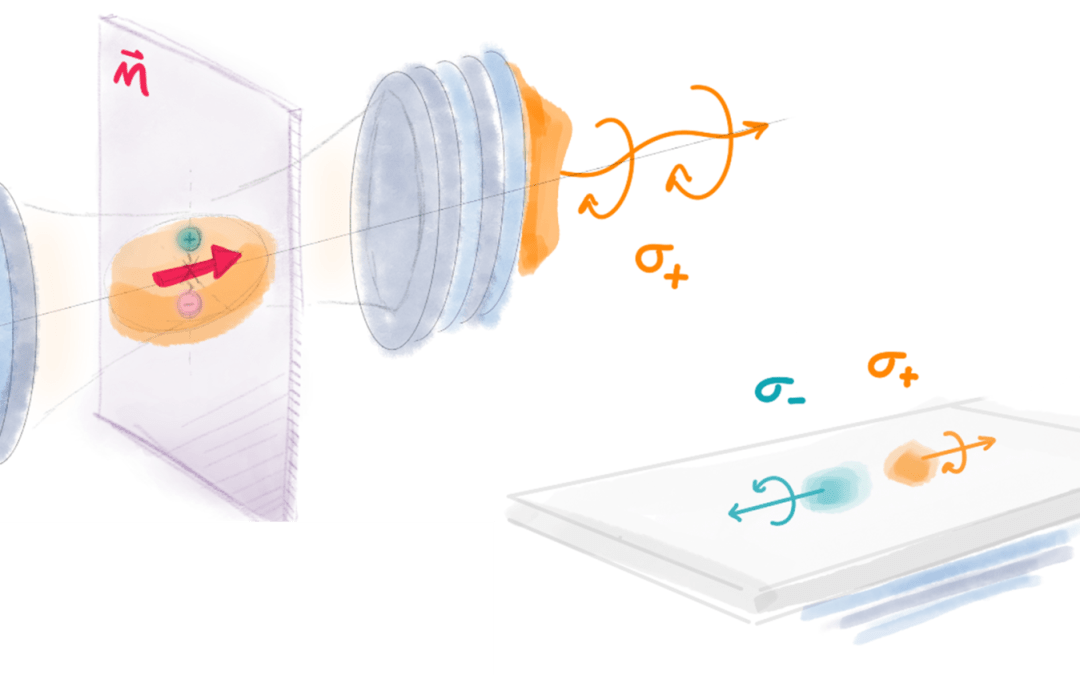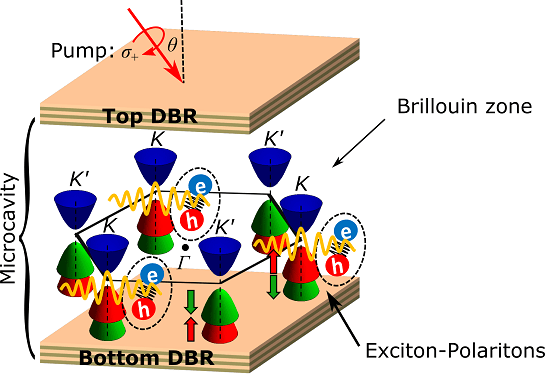Our research explores the fundamental interactions of light and matter, including atoms, molecules, nano-scale structures, and magnetic materials. The Stern Group’s research objective is to explore the novel optical, spin, and magnetic properties of integrated nano-scale and hybrid photonic systems, focusing on the quantum interactions and collective behavior between photons and low-dimensional electronic structures. Probing a variety of systems such as single-atomic layer materials and hybrid photonic devices with diverse experimental approaches such as time-resolved spectroscopy and single-photon quantum optical detection, the Stern Group works to understand how light and matter interact on the smallest scales, with potential impact throughout the disciplines of photonics, quantum information, magnetism, materials science, and nanoscience.
Topics of Interest

Interactions of Light and Nanoscale Matter

Quantum Optics and Photonics

Low-Dimensional Heterostructures

Spins and Magnetic Nanomaterials
Projects

Chemomechanical Modification of Single Photon Emitters
2D materials are dominated by their surface, which provides access for controlling the properties of these materials in ways not possible with bulk materials. This surface presents an intriguing opportunity for modifying quantum emission of single photons from defects in the material. We explore how chemical functionalization can be combined with mechanical strain to engineer the properties of localized quantum emitters in 2D materials.

Spin Dynamics in Monochalcogenides
The ability to dynamically control spin with polarized light offers opportunities for fast, nondestructive, and magnet free control over spin information. Optical orientation of spin is an important prerequisite for spintronic phenomena and devices, and studies of layer-dependent optical excitation of spins in InSe, a III-VI monochalcogenide 2D layered material, builds the foundation for combining layer-dependent spin properties with advantageous electronic properties.

Chiral Photonics and Nanomagnetism
By studying the hybrid dynamics of magneto-exciton-polaritons, we aim to develop and expand a new platform for chiral photonics, where the spin degree of freedom of light is controlled via the optical properties of magnetic nanomaterials. By understanding the fundamentals of these spin correlated light-matter interactions we open up the possibility for new and interesting chiral photonic devices.

Lateral Confinement in 2D Semiconductors
When device dimensions are shrunk to the nanoscale, size-dependent quantum effects can materialize from the confinement of electronic wavefunctions. We are using novel fabrication techniques to create laterally-confined quantum dots and nanowires out of monolayers of transition metal dichalcogenides, thereby further manipulating the dimensionality of this class of two-dimensional materials.

Layer-Dependent Control of Electronic Properties of Two-Dimensional Semiconductors and Heterostructures
Optical and electronic properties of layered materials can be controlled by manipulating the discrete number of atomically-thin two-dimensional crystal layers. We explore how discrete changes in layer number from single atomically-thin layers to multilayers can manipulate the optical and electronic properties of layered heterostructures.

On-Chip Optical Resonators for Astrophotonics
We collaborate with Argonne National Laboratory and the Australian Astronomical Observatory to design and fabricate silicon-based photonic circuits for applications in improving sensitivity in astrophysical measurements.

Hybrid States of Light and Matter in Low-Dimensional Materials
Confining photons to small volumes can enhance light-matter interactions and lead to quantum states formed by coherent superpositions of light and matter. In the Stern Group, we explore the novel polarization properties of hybrid light-matter quasiparticles, exciton-polaritons, that arise in monolayer 2D semiconductors embedded in microcavities.
